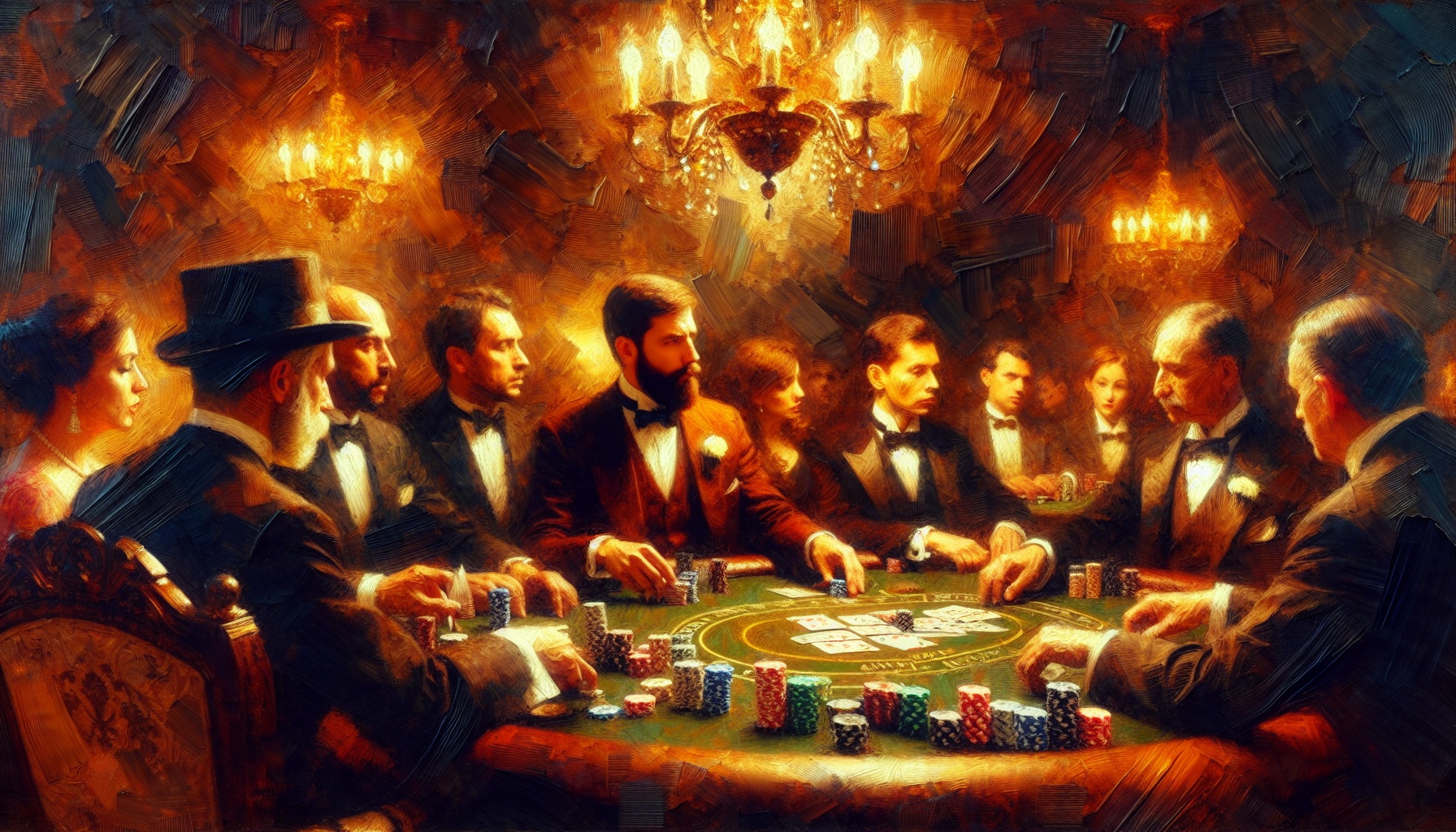
What Does Equilibrium Mean in Poker?
In poker, equilibrium refers to a state where players have optimized their strategies to the point that no player can benefit by unilaterally changing their approach. This balance ensures that each player’s strategy is a best response to the others, often described as a Nash Equilibrium in game theory. For those interested in online poker, understanding equilibrium can be crucial.
When You Might Hear Or Use The Term Equilibrium
This term is commonly mentioned during discussions of game theory optimal (GTO) strategy, especially in high-level poker where players aim to make themselves unexploitable by opponents.
In-Game Example
In a heads-up match, both players have adjusted their strategies to the point where neither can gain an advantage by changing their play. Each decision is calculated to counter the opponent’s potential range.
Strategy / Tips
- Best Practice: Study game theory optimal strategies to understand how to reach equilibrium points in your play.
- Common Mistake: Focusing too much on equilibrium without considering opponent-specific tendencies can lead to missed opportunities for exploitation.
- Pro Tips: Use equilibrium strategies as a baseline and adjust based on observed player behavior to maximize profitability.
- Differences playing over the table vs online: Online play offers more data for achieving equilibrium, but live games provide more psychological tells that can be used to adjust strategies.
Alternative Names
GTO (Game Theory Optimal)
FAQs
Q: Is playing at equilibrium always the best strategy in poker?
A: While equilibrium strategies make you unexploitable, adjusting based on your opponents’ weaknesses can often be more profitable.
